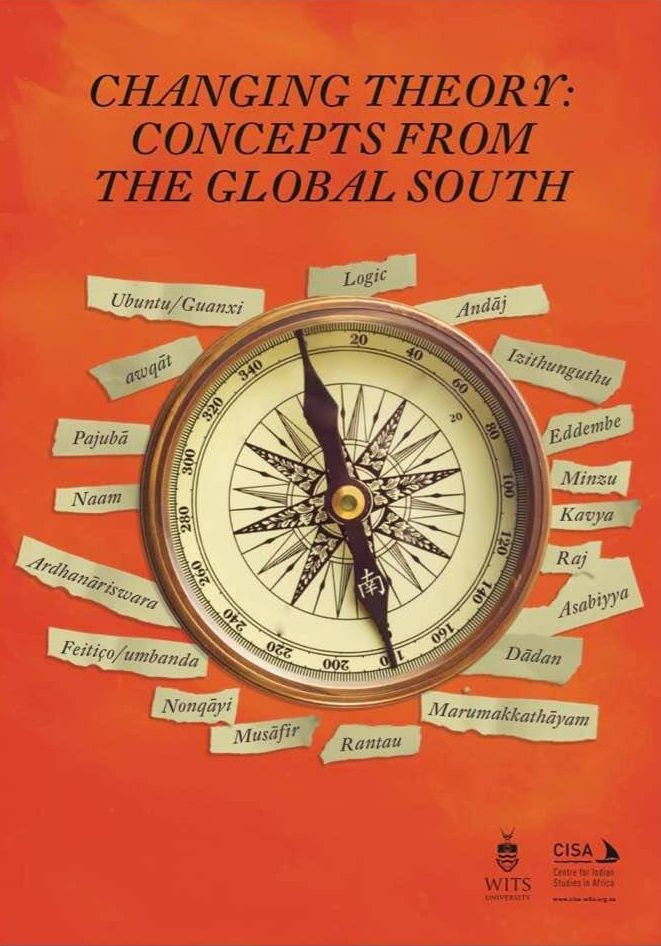DILIP MENON
Isithunguthu (A conversation in Joburg)
The other day Zazu and I were at Mall of Africa and I stopped to buy refills for my Lamy fountain pen. As often happens, the young salesman and I got to talking, and he asked whether I collected pens. I said, no, I write with them, and that I am an academic. He looked interested and asked what do you teach? When I said history, he asked whose history? A question that is in the public domain for many reasons.
I said, well I teach and research on histories of the global south; the world minus Europe and North America. He said “explain to me how you do this; is it our history alone?” I was moved that he included me in his use of “our” and asked him, “can I tell you a story?”
And I told him about a word in the volume that I recently edited on Concepts from the Global South. A word that John Wright and Cynthia Kros, two of SA’s finest historians wrote about. A Zulu word isithunguthu that is now forgotten and survives only on the margin of a colonial dictionary compiled by a man named James Stuart.
Stuart was compiling a Zulu-English dictionary at the end of the 19th century and word got around. An 80 year old man Gcabashe made a train journey on the new rail line to meet Stuart and ask him about his enterprise. Gcabashe was distantly related to Shaka Zulu so Stuart’s joy knew no bounds!
He pestered him with questions about the recently concluded wars and questions about legitimacy. At some point Gcabashe, wearied, says, “All that you have to do is read and write, as for me I am isithunguthu.”

Stuart, having never heard the word before, makes a marginal note and asks Gcabashe what he means. The old man says “I feel distressed and uneasy because your questions are not my questions; that is my feeling.” A crisper summary of the colonial encounter is harder to imagine.
The young pen salesman’s face lit up and he said “Yes, that is it. My questions are not the questions that obsess teachers and politicians.”
I said, “yes this is what our history writing and our education must address.”
He asked me to write down the word for him on the scribble pad.
Later on I asked Zazu what does isithunguthu mean?
“When your questions are not my questions, and it pisses me off.”